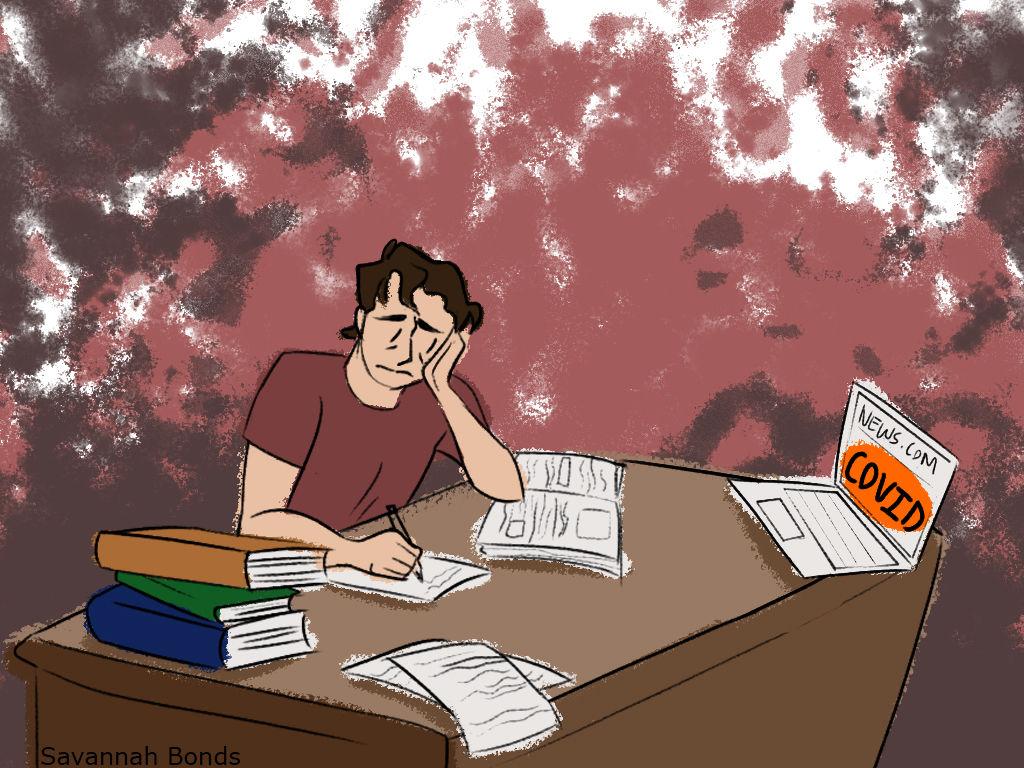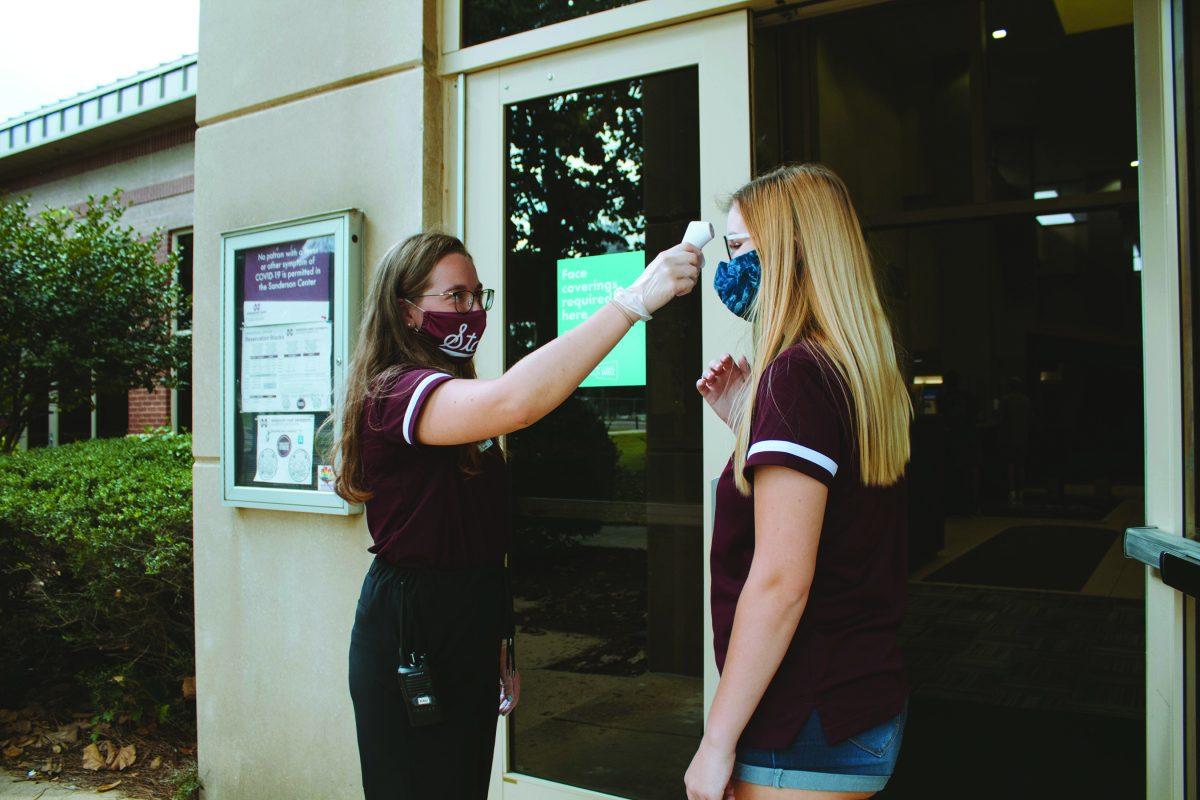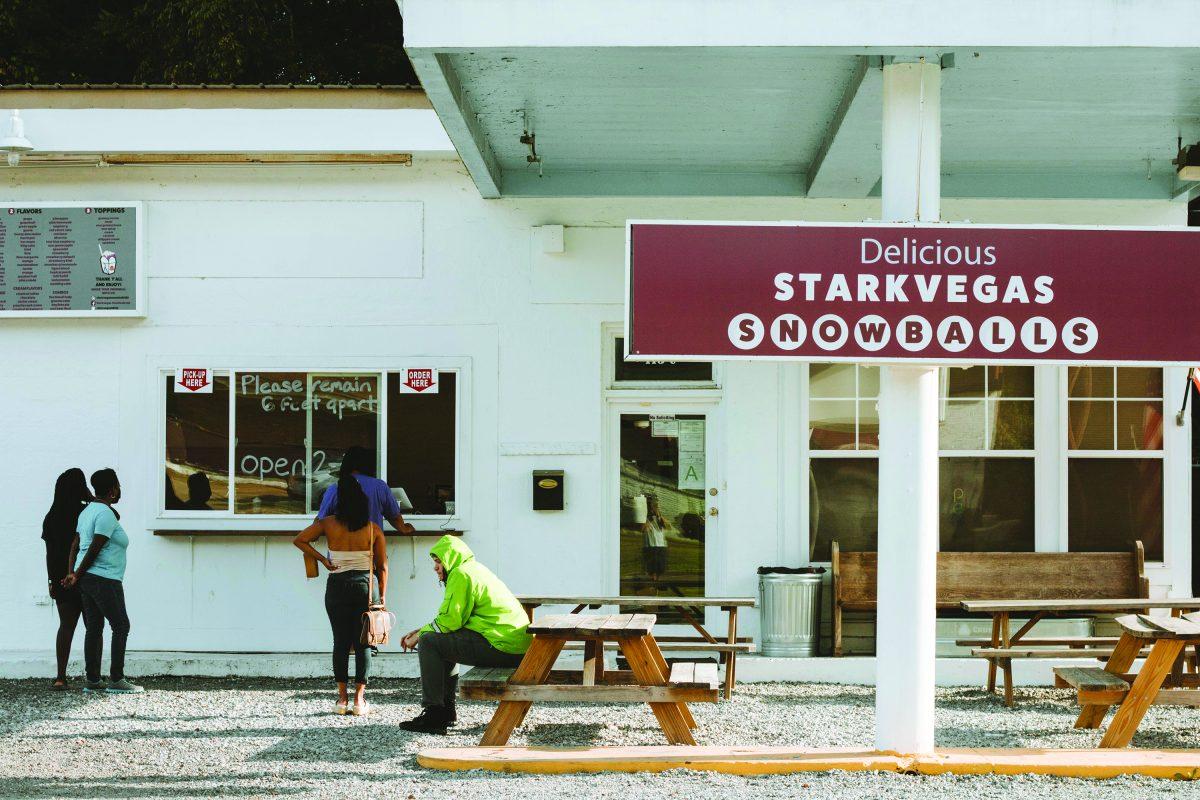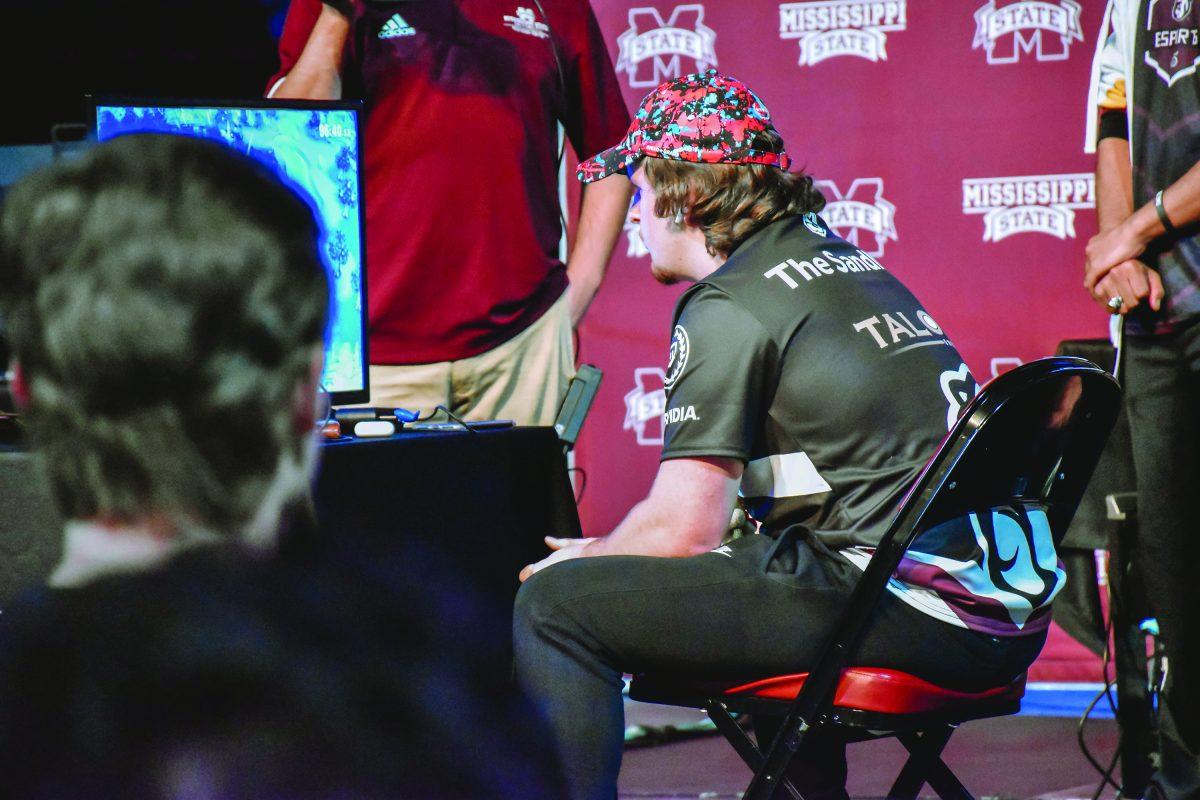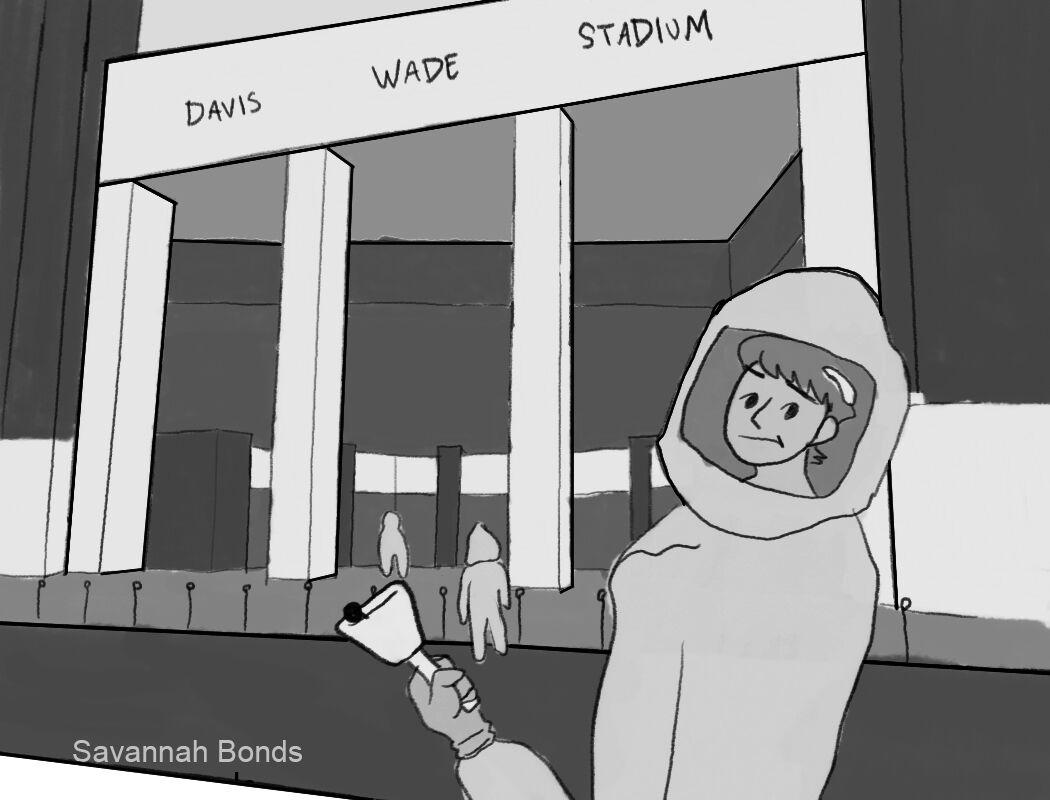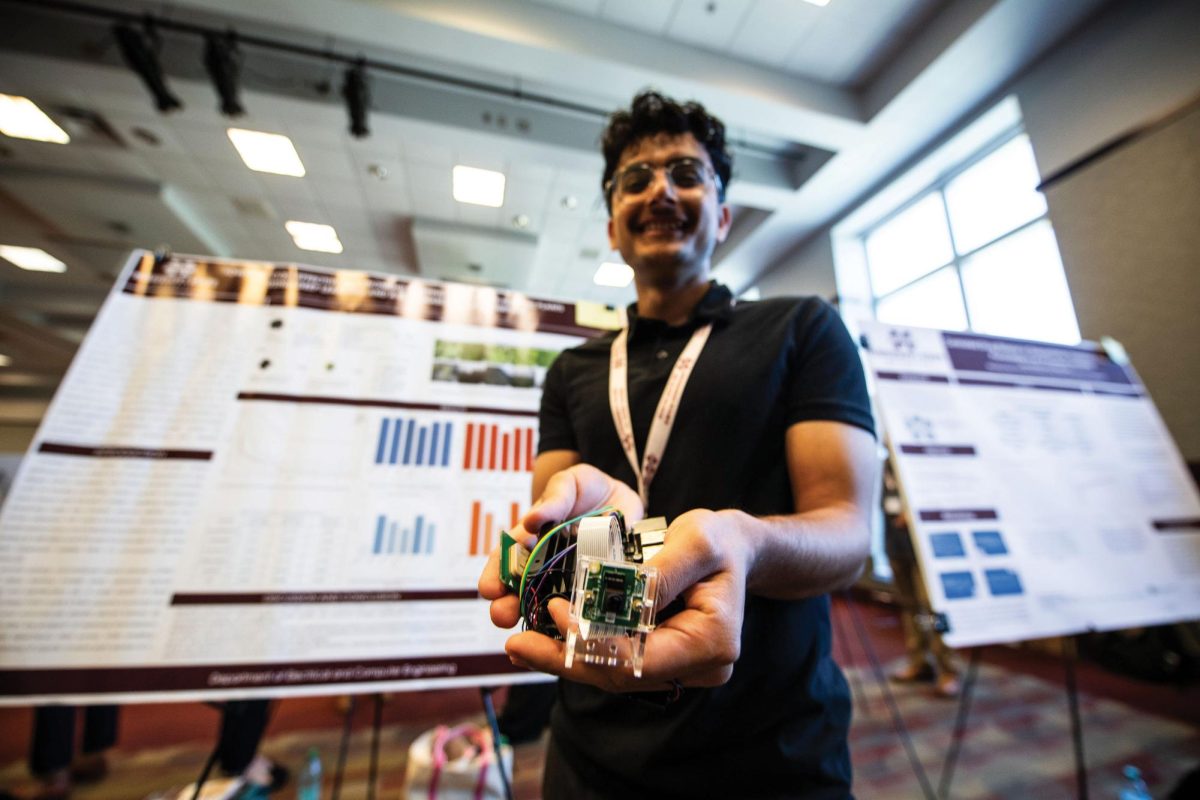COVID-19 has upended the lives of countless college students, and students at Mississippi State University are no different. The virus has also created feelings of stress and anxiety for many people, especially students. Most have now had to transition to living back at home with their parents. Some have also experienced the added stress of not knowing where they are going to go, since colleges are closing down to slow the spread of the virus.
With corona-induced fears piling on top of the stressful transition to remote learning, feelings of nervousness, fear, anxiety and even depression are understandable.
Social media, although a great distraction, is only adding fuel to the fire. Students are constantly seeing news articles about people dying and hearing statements from politicians speculating how much longer social distancing will continue. There is also a troubling culture of people urging everyone to “make the most” of the present situation. This is why some might feel a sudden pressure to finally write that novel, perfect that sourdough recipe or start that online business.
However, many people see this crisis as a time to stay calm and process all of the feelings which have accumulated over the past couple of weeks. The ever-persistent feeling of tasks begging to be completed or universal problems requiring solving is only adding to the stress of this whole pandemic.
Now is the time for students and people everywhere to step back and focus on making sure their mental health is sound.
Alana Buchanan, a sophomore majoring in biological sciences, is the secretary of Active Minds, an organization at MSU devoted to bringing awareness to mental health. Buchanan explained how being in quarantine has affected her.
“I would say that the quarantine, as bad as it may be, has actually been a grounding experience. This disease has kept me from seeing family and other important moments in my life, but I understand everyone has this struggle. It has taught me my mental limits and just how much I, as a person, can take. Now, I cope the best way possible for me. I go get exercise in my backyard, try to eat healthy and do all my hobbies such as reading or writing poetry,” Buchanan wrote in an email.
Buchanan also gave her advice for students who may be taking the road of social isolation. She provided insight on some things which could help students feel less anxious about being alone.
“My advice to those who are not used to being alone is to take care of yourself physically (eat well and exercise) and mentally. Enjoy a hobby, call up a friend or family member or text them if you haven’t in a while to check on them, look at pictures with your friends and remember that you are not alone. They are there for you, as well,” Buchanan said. “Above all, just remember that you are not alone in this. Think positively.”
There are many students who, while on campus, utilized the MSU Student Counseling Services because it provides the opportunity to speak with professionals in a time of crisis. Since the campus is physically closed, students might assume these services are no longer available to them, but this is far from the truth.
Kim Kavalsky coordinates mental health outreach with MSU Health Promotion and Wellness and has been assisting Student Counseling Services with changes due to the virus. Student Counseling Services has made accommodations in order to serve students who may still need to talk to a counseling professional. They are providing telemental health for students who are still on campus or in the state of Mississippi.
Students have several opportunities to access counseling services. During business hours (Monday through Friday, from 8 a.m. to 5 p.m.), students may go to www.counseling.msstate.edu and enter a virtual waiting room to be assisted by the next clinician. If the student is living outside of Mississippi, they can access support through the My Student Support Program at 1-866-743-7732, us.myissp.com or the My SSP app.
Kavalsky also gave advice to students who are feeling anxious or confused during this tough time.
“Since none of us know when our lives will return to normal, it is understandable that we are feeling fear and anxiety. As human beings, we need social connection. Some of the lucky ones may be spending this time with family or roommates, but there are many who are completely alone in their homes. We are going through all of these things together, so I encourage staying connected with others and leaning on each other for support (use Facetime, texting or Zoom),” Kavalsky said in an email correspondence.
Kavalsky also discussed how beneficial it would be to help others during this time of need.
“There is much value in helping others, but it can be challenging right now when we are stuck at home. Find creative ways to reach out and do something nice for others. It may be as simple as emailing a thank you. Not only does it make someone else feel good, but we get those same benefits,” Kavalsky said.
Jeremy Baham, MSU’s assistant vice president for student affairs, pointed out the availability of medical services on MSU’s campus in an email.
“Longest Student Health Center is continuing to operate normally for our students, and that includes a staff psychiatrist and psychiatric nurse practitioner,” Baham said.
Lu Switzer, director of Student Counseling Services, wrote that Counseling Services is continuing to assess the situation and adapt to student needs.
“In terms of future outlook, that is not easy to navigate. We are going along with the guidelines required by the university. Our team will be evaluating the coming possibilities in May and will then have a better idea of any changes that might occur,” Swtizer said.
Counseling Services has also moved all of their workshops online and has added two new courses which provide help for students during the crisis. These courses include: Coping with COVID, Transitioning to Online Courses, Changing Unhelpful Thoughts, Stress and Anxiety 101, Intro to Mindfulness, The ABZzzzzs of Sleep, Intro to Wellness, Relationships 101 and Test Anxiety.
Everyone is going through this tough time together, and it is important for students to pay special attention to their mental and physical health. Whether this means talking to a therapist or finding an anxiety-reducing hobby, prioritizing mental health in this time of social distancing is of vital importance.

